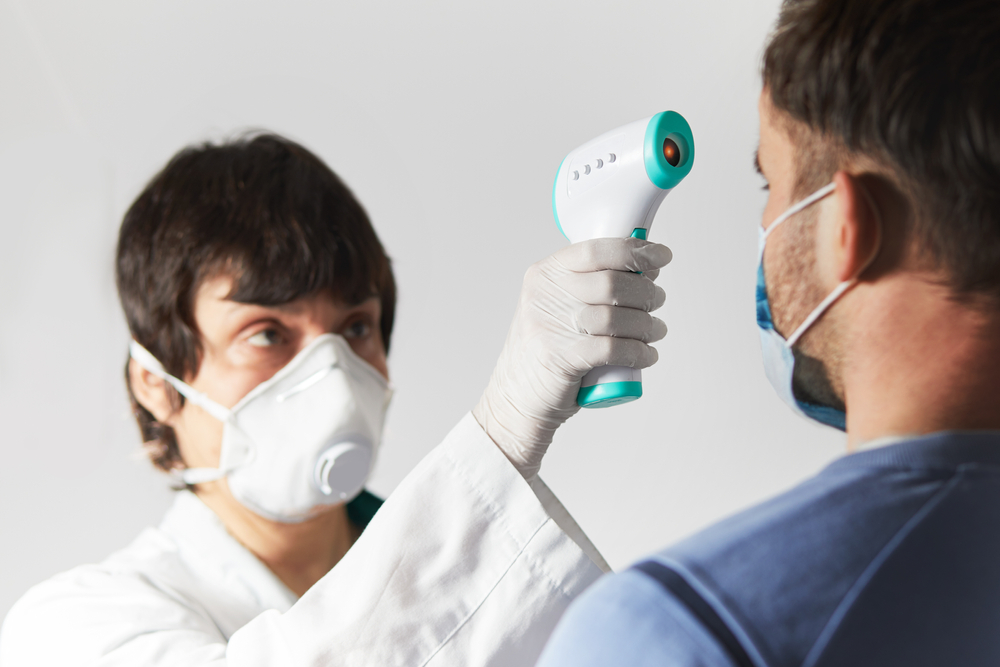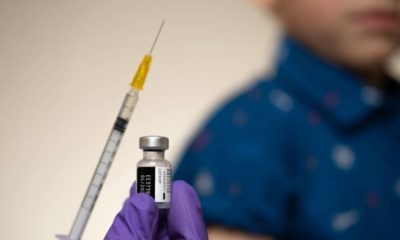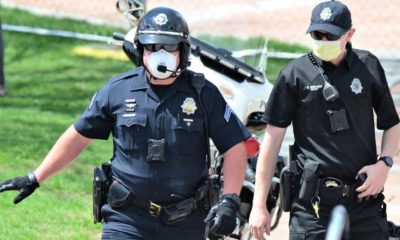Breaking News
Temperature and Symptom Screenings Are Inadequate in Detecting COVID-19 Cases

Everyone is familiar with the temperature and COVID-19 symptom checks conducted in various places. However, it turns out that those are inadequate in detecting COVID-19 infections and preventing outbreaks.
Fox News reported that a study of Marine recruits has found that even with these measures and strict quarantines before their training, they spread the virus to others even though hardly any of them had symptoms. Researchers did not catch the infections using symptom screening.
The study, published in the New England Journal of Medicine on Wednesday, “has implications for colleges, prisons, meatpacking plants and other places that rely on this sort of screening to detect infections and prevent outbreaks,” Fox News reported.
“We spent a lot of time putting measures like that in place and they’re probably not worth the time as we had hoped,” said Jodie Guest, a public health researcher at Atlanta’s Emory University. “Routine testing seems to be better in this age group” as younger adults usually have no symptoms.
Symptom Checks Not Enough?
Researchers from the Icahn School of Medicine at Mount Sinai in New York and the Naval Medical Research Center led the study. It involved 1,848 Marine recruits who were instructed to isolate themselves at home for two weeks. Then, they stayed in a supervised military quarantine at a closed college campus for another two weeks.
They had a single roommate, wore masks, stayed at least 6 feet apart, and did most training outdoors. It also included daily fever and symptom checks.
They were tested for the virus when they arrived for the military quarantine and 7 and 14 days afterward. According to Fox News, sixteen (1%) tested positive on arrival and only one of them had any symptoms. Another 35 (2%) tested positive during the two-week military quarantine. Additionally, four of them had symptoms.
“A lot of the infection that occurs, we don’t even realize it is occurring,” said Navy Cmdr. Andrew Letizia, a doctor at the Naval Medical Research Center.
“This is a really infectious virus. You really need to use a combination of good public health measures, temperature checks, mask wearing, social distancing, hand washing … and comprehensive testing” to prevent spread, said Mount Sinai’s Dr. Stuart Sealfon.
Up Next:












